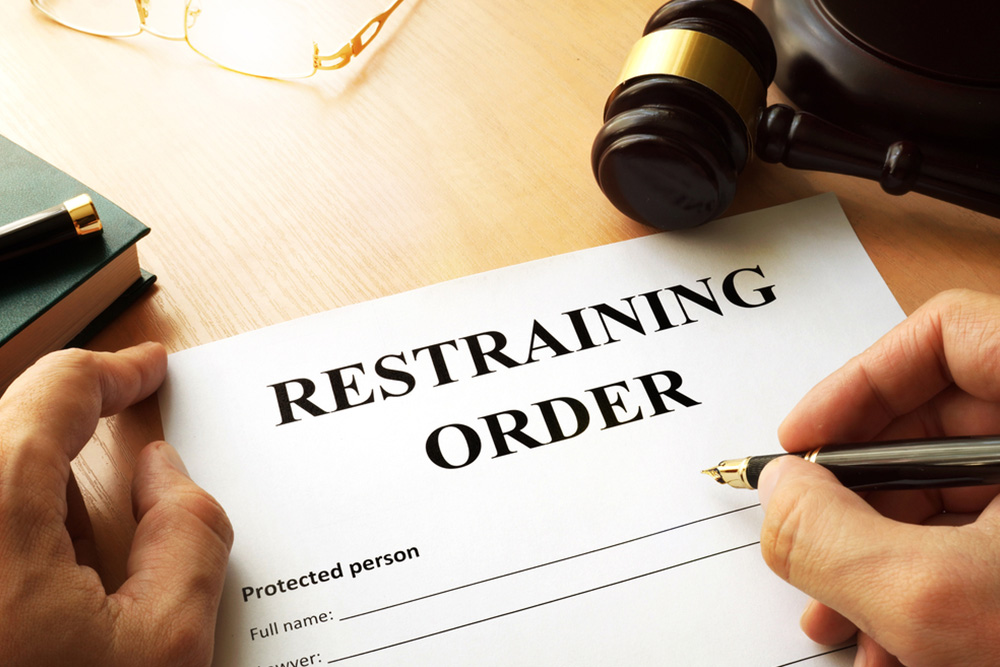FAMILY LAW ARTICLES
Punishing the Victim.
One of the most rewarding aspects of practicing law is helping people who need and deserve assistance. At times, however, our legal system can feel more like a barrier than a refuge. This can especially be true when victims of domestic violence seek help from our courts. Challenges present themselves at every turn.
It is easy, in the face of these challenges, to give up for fear of being betrayed by the system. We at Hartley Lamas Et Al would urge you to reconsider. Understanding the obstacles is the key to overcoming them. A persistent advocate experienced with domestic violence issues can guide you through this process – and can prevent you, the victim, from being punished.
These are some of the challenges:
- Legitimately abused women suffer for every falsehood or exaggeration of abuse claimed by a non-victim. Our courts are so rife with women pulling “the abuse card” for reasons as small as “he smashed the eggs in the carton” or “he stepped on my foot” – later shown to be untrue, or an accident – that when a woman who is legitimately abused shows up in Court, it seems to appear that the courts are inclined to punish her.
- A truly abused woman is quite difficult to pull into court. She has generally a very real fear of her abuser and has, seemingly, given him superpowers in her mind. She will believe he knows what she is doing, when she is doing it, and that he’s right when he calls her an idiot, or says he “loves her so much” and she “just makes [him] so mad.” The cycle of abuse is somehow seductive and these women have so much difficulty trusting an attorney – who in turn says, trust this judge. Trust this mediator.
- It’s hard to prove some domestic violence claims because of the actions of the legitimately abused woman in concealing her abuse during the relationship. She’s ashamed. She’s afraid of more abuse. So she hides the abuse while it is occurring. She doesn’t go tell her doctor her husband hurt her; many times she doesn’t even take photos of her injuries. For the duration of these brutal relationships, her story is “I don’t want to get him in trouble.”
- When the day comes to prove the abuse, then, it is often he-said/she-said. And on top of that, a legitimately abused woman tends to be a poor witness: the years of harm have broken her “fight or flight” response and she tends to freeze, unable to think or act. In addition, she has learned never to show emotion because she never knows what will trigger more abuse; at trial, then, her demeanor is often quite flat and she will not seem credible.
- While California law provides that a finding of domestic violence within the prior five years triggers a presumption in favor of sole custody of the parties’ child(ren) to the victim, some mediators and judicial officers appear to apply a different standard – that abuse against a spouse is not abuse against the child, and if the child has not been “directly” and physically harmed by the perpetrator, then the child must be safe with either parent.
- Even if these problems are overcome and a restraining order is issued by the Court, the order’s wording cam be ambiguous and contain loophole that defeat the purpose of the order.
- And even when the protective order is properly worded, difficulties with enforcing the order can occur. A victim with an iron-clad order will often hesitate or fail to call law enforcement when the order is violated; worse yet, sometimes, she will go back to her abuser or, seeking peace, slowly allow her abuser to chip away at sole legal/sole physical custodial orders until she finds that she and her children have lost the gains we made for them.
We at Hartley Lamas Et Al have seen these challenges played out again, and again, and again in the courts. We have learned through hard experience to take measures to assist these victims in procuring safety through maintaining their credibility in the courts – and our own.
If you are a victim of abuse, and you are contemplating bolting from your abuser for the twin rewards of freedom and safety, get help from experienced counsel. For your own sake, choose an attorney with both experience with domestic violence cases, and credibility in the courtrooms in which he or she regularly appears.
















